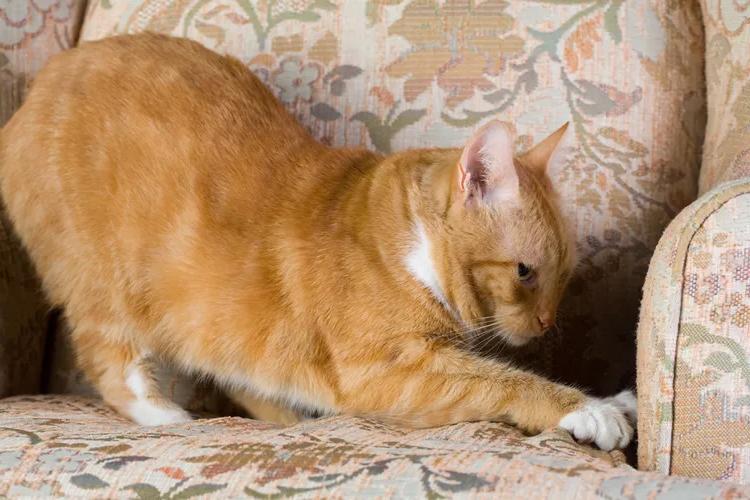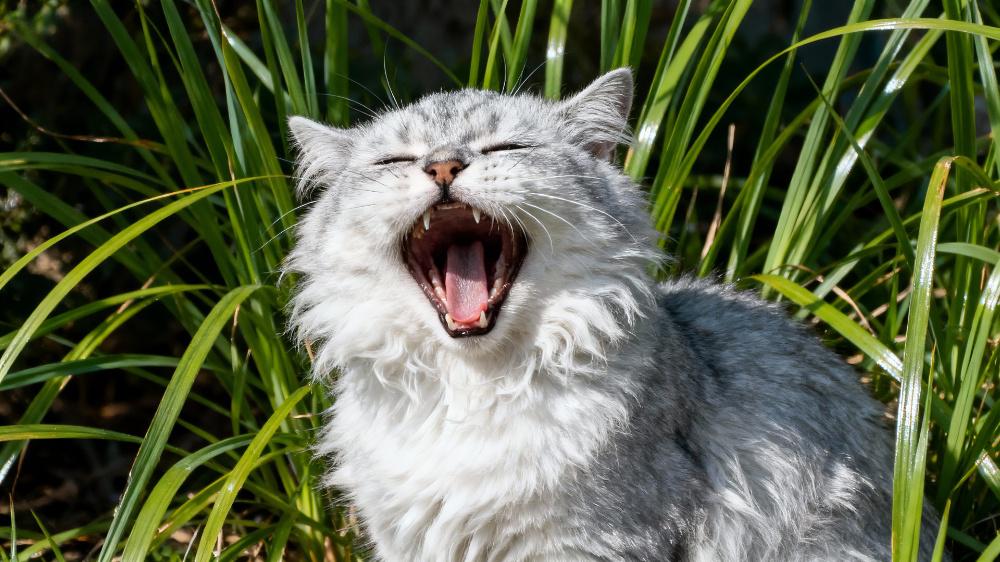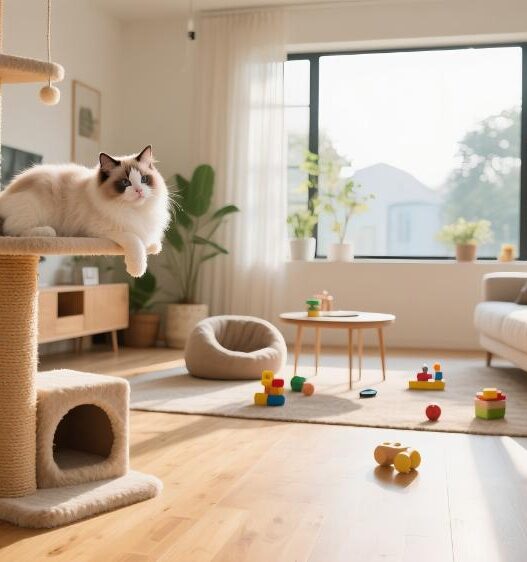Cat Separation Anxiety is a common issue for cats during vacations. The disruption of a cat’s routine can cause stress. This anxiety can occur when you’re away, while traveling, or even when you return. Cats are creatures of habit, and changes can trigger behavioral problems.
Some cats manage well with travel, hotel stays, or boarding, but most are much happier in their own environment, especially with a trusted pet sitter. While this may not always be possible, there are proactive steps you can take to minimize your cat’s anxiety and prevent behavioral problems during vacation time.
Why Changes in Routine Are Hard on Cats
Cats thrive on consistency, and they can become easily stressed when anything disrupts their routine. When you leave for a vacation, everything changes for your cat—your absence, altered feeding schedules, less attention, new people in the house, or even a completely new environment like a boarding facility.
It can take anywhere from five days to two weeks for your cat to adjust to a new routine, and sometimes it may take even longer. Consider how long it typically takes for some cats to get comfortable with a new cat in the house or to adapt to a new home. These examples highlight how deeply ingrained their routines are.
Introducing a stranger, like a pet sitter, who does not follow the usual routine can add stress to the situation. By the time your cat adjusts to the new routine with the sitter, you return, and the routine changes once again. Additionally, your cat may not recognize your scent immediately, as they haven’t been able to mark their territory while you were gone. This can cause them to act out, hide, or even become defensive.
Behavior Problems Triggered by Stress
Inappropriate Urination
A common behavior problem in cats when their environment changes is inappropriate urination, particularly outside the litter box. Stress and fear, often triggered by unfamiliar pet sitters or new environments, can cause your cat to mark territory by urinating. This is a natural behavior aimed at calming themselves by spreading their scent on objects. Unfortunately, it is also one of the most frustrating problems to deal with since urine can be very difficult to remove from carpets, furniture, and mattresses.
Increased Scratching
Scratching is another behavior that may escalate when your cat is stressed. While scratching is a natural behavior for maintaining claw health and marking territory, it can become excessive when your cat is anxious. During stressful times, you may notice your cat scratching more than usual, which can lead to damage to furniture or other household items.

Hiding and Avoiding Interaction
Cats often retreat and hide when they are scared or stressed. This behavior may be observed when your cat is exposed to a new pet sitter, a boarding facility, or even when you return home. If your cat hides, it’s a sign they’re feeling insecure and need time to adjust.
Aggression
In extreme cases of stress, your cat may become aggressive. Swatting, hissing, biting, and lunging are all signs of fear and anxiety. These aggressive behaviors are defensive reactions to an unfamiliar or stressful situation.

How to Minimize Stress for Your Cat Before, During, and After Your Vacation
Provide Familiar Attention
If your cat is staying at home while you’re away, it’s important to ensure that the pet sitter has plenty of opportunities to meet and interact with your cat before you leave. The sitter should offer your cat their favorite treats and engage in playtime with familiar toys. This helps your cat form a positive association with the pet sitter. Let your cat approach the sitter at their own pace; do not force them to interact if they’re not ready.

Maintain a Routine
To minimize your cat’s stress, write down your daily routine and share it with the pet sitter. This includes feeding times, play schedules, grooming, and any other important activities. Consistency is key to maintaining your cat’s sense of security. If you know that the routine will change while you’re gone, try to implement some of these changes in the days leading up to your departure so your cat can gradually adjust before the added stress of your absence.
Prepare Your Cat for Your Absence
Start preparing your cat well before you leave. For example, bring out your suitcase at least a week before your departure. Toss in a few treats or toys so that your cat associates it with something positive. The same applies to your cat’s carrier—get them used to it ahead of time.
Leave behind an item that carries your scent, such as an unwashed t-shirt, in your cat’s bed. This will provide them with a comforting familiar smell while you’re away. Some cats may also respond well to hearing your voice through a recorded message, though others may find it unsettling. It’s a good idea to test this out before your vacation to gauge their response.

Create a Positive Association with Your Scent
Before leaving, have each family member who your cat is close to wear a pair of socks for a day, then rub those socks on your cat and seal them in separate plastic bags. Upon your return, wear these “scented” socks to remind your cat that you’re home and that they’re safe again.
Boarding Your Cat? Here’s What You Need to Know
If you’re boarding your cat, bring along a few items that smell like you—like their favorite toys, blankets, or a familiar piece of clothing. Make sure to discuss your cat’s routine with the facility, and ask them to stick as closely as possible to your cat’s usual feeding and play schedule. When transporting your cat to the facility, use a carrier covered with a towel to help them feel secure. You can also play calming music during the ride to ease their anxiety.
Medications and Other Solutions
If your cat’s anxiety is severe, you may want to consult with a veterinarian about medications, nutritional supplements, or pheromone diffusers to help manage their stress. These treatments should ideally be started in advance to give them time to work before you leave for your vacation.



















